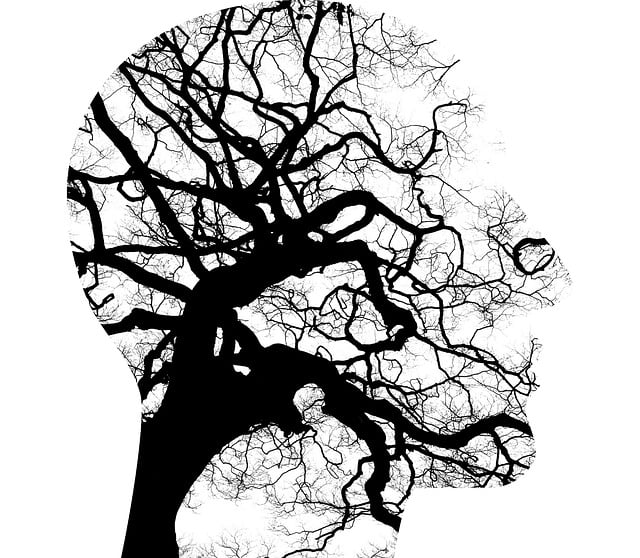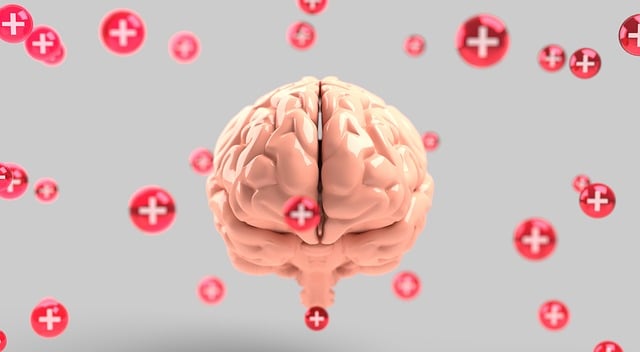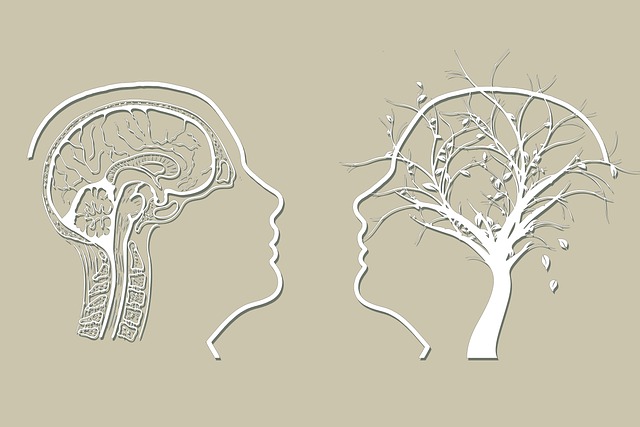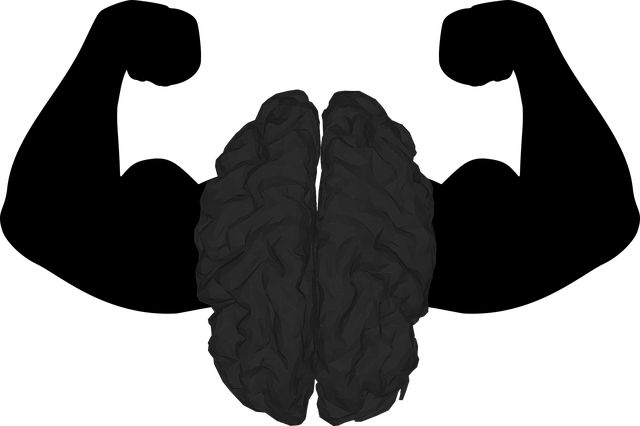Parker Psychosis Therapy offers a unique, holistic approach to stress reduction, integrating psychology and neuroscience for tailored coping skills. This method includes mindfulness, cognitive reframing, and relaxation exercises, coupled with mental health education programs that enhance self-awareness and emotional intelligence. Proven as an effective burnout prevention strategy for healthcare providers, Parker Psychosis Therapy combines techniques like CBT and mindfulness meditation to help individuals manage daily stress, chronic conditions, and high-pressure situations, ultimately promoting overall well-being.
Stress reduction is a vital aspect of maintaining mental health, and there are numerous methods to achieve it. This article explores two unique approaches: Parker Psychosis Therapy, an innovative technique focusing on understanding and managing stress triggers, and practical daily habits for stress mitigation. We also delve into the effectiveness of Mindfulness and Cognitive Behavioral Therapy in providing long-term stress relief. By combining these strategies, individuals can navigate life’s challenges with enhanced resilience and improved well-being.
- Understanding Parker Psychosis Therapy: A Unique Approach to Stress Reduction
- Practical Techniques for Daily Stress Management
- The Role of Mindfulness and Cognitive Behavioral Therapy in Long-Term Stress Relief
Understanding Parker Psychosis Therapy: A Unique Approach to Stress Reduction

Parker Psychosis Therapy offers a unique and innovative approach to stress reduction, focusing on the interconnectedness of the mind and body. This therapeutic method, inspired by the work of Dr. Parker, emphasizes the importance of understanding and managing psychological stress as a key component of overall well-being. By combining insights from psychology and neuroscience, this therapy tackles stress from multiple angles.
One of its core principles is the development of coping skills, teaching individuals effective strategies to navigate stressful situations. This includes techniques such as mindfulness meditation, cognitive reframing, and relaxation exercises, all tailored to individual needs. Additionally, Parker Psychosis Therapy incorporates mental health education programs designed to enhance self-awareness and emotional intelligence. These programs not only help individuals recognize triggers but also empower them to make informed choices for their mental health. This holistic approach has proven effective in preventing burnout, particularly among healthcare providers who often face high-stress environments, making it a valuable strategy in the field of burnout prevention strategies for healthcare providers.
Practical Techniques for Daily Stress Management

Managing daily stress effectively is a vital aspect of maintaining good mental health, and there are numerous practical techniques to incorporate into your routine. One powerful approach is cognitive-behavioural therapy (CBT), which teaches individuals to identify and challenge negative thought patterns contributing to stress. This therapeutic method, often discussed in the context of Parker Psychosis Therapy, empowers people to reframe their perspectives and adopt healthier coping strategies.
Emotional Regulation plays a significant role in stress management. Techniques like mindfulness meditation help individuals stay grounded in the present moment, reducing the impact of stressful thoughts. Additionally, engaging in regular physical activity releases endorphins, which can alleviate tension and improve overall well-being. Crisis Intervention Guidance can also be beneficial, offering quick strategies to de-escalate intense emotions during stressful situations, thereby fostering better mental health awareness and resilience.
The Role of Mindfulness and Cognitive Behavioral Therapy in Long-Term Stress Relief

Mindfulness and Cognitive Behavioral Therapy (CBT) have emerged as powerful tools in the arsenal against chronic stress. These evidence-based practices offer long-term solutions for managing stress by training individuals to focus on the present moment and challenge negative thought patterns.
CBT, as a form of Parker Psychosis Therapy, helps people identify and change unhelpful behaviors and thoughts that contribute to anxiety and stress. By learning to recognize and reframe negative cognitive distortions, individuals can develop healthier coping mechanisms and improve their overall well-being. Mindfulness complements this process by encouraging awareness of one’s thoughts and feelings without judgment, fostering a sense of calm and resilience in the face of stressful situations. Stress Management Workshops Organization often incorporates these techniques to empower individuals with effective tools for self-regulation, contributing to improved mental health and reduced risk of burnout among mental health professionals as part of comprehensive Risk Management Planning for Mental Health Professionals.
In exploring stress reduction methods, this article has highlighted diverse strategies from cognitive behavioral therapy and mindfulness practices to practical daily management techniques. Among these, Parker Psychosis Therapy stands out as a unique approach that can significantly contribute to long-term stress relief. By combining insights from various therapeutic traditions, Parker Psychosis offers tailored solutions for managing stress in everyday life, empowering individuals to lead more balanced and fulfilling lives.














